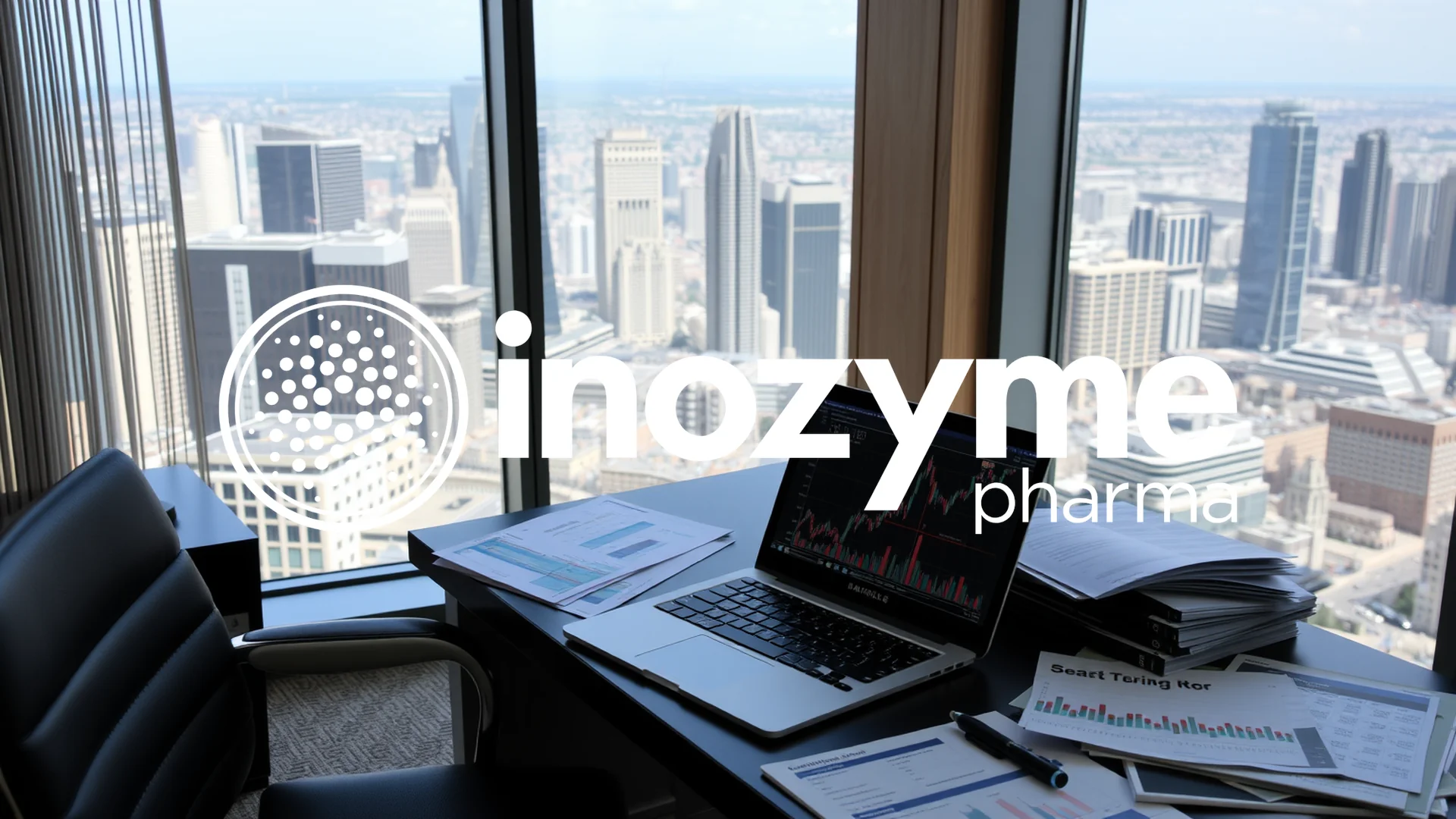The investment narrative surrounding Oracle has undergone a dramatic shift in recent months. Once celebrated as a primary beneficiary of the artificial intelligence boom, the technology giant now faces mounting skepticism from the financial community. Since September, Oracle shares have shed approximately one quarter of their value, a decline roughly twice as severe as those experienced by its direct cloud computing competitors. This erosion of confidence stems from growing apprehensions about the company’s financial strategy and profitability, concerns that were only amplified by its latest quarterly earnings report.
Financial Results Fail to Inspire Confidence
Oracle’s recent financial disclosures did little to calm nervous investors. The company reported earnings per share of $1.47, narrowly missing the consensus analyst estimate of $1.48. Revenue performance followed a similar pattern, coming in at $14.93 billion against market expectations of $15.04 billion. While this still represents a 12.2 percent year-over-year increase, it appears insufficient for a company positioning itself as an AI frontrunner. The market’s reaction suggests that investors are demanding more substantial evidence of growth from a self-proclaimed champion in the artificial intelligence space.
Several internal developments have further fueled the negative sentiment:
Should investors sell immediately? Or is it worth buying Oracle?
- Corporate insiders have engaged in significant stock sales over recent months, with transactions valued in the millions.
- Multiple institutional investors have scaled back their holdings in the company.
- The firm’s approach to managing its debt load is generating increased anxiety.
From Market Darling to Cause for Concern
Earlier this year, billion-dollar contracts for AI infrastructure propelled Oracle’s stock to impressive heights. The company seemed perfectly positioned to capitalize on the explosive growth in artificial intelligence. However, market enthusiasm has evaporated as investors have begun scrutinizing the substantial costs and risks associated with Oracle’s aggressive infrastructure expansion. While competitors have posted moderate pullbacks, Oracle stands out with its severe 25 to 30 percent decline from September peaks.
Debt-Fueled Strategy Raises Red Flags
The core issue driving investor apprehension centers on Oracle’s financing approach. The company intends to take on additional debt to fund the capital-intensive expansion of its AI and cloud infrastructure. This strategy has triggered alarm among market participants, who question whether these substantial investments will generate adequate returns. Persistent margin pressures within the competitive cloud sector compound these worries. The fundamental question of whether Oracle can profitably execute its aggressive growth plan remains unanswered. With an annual shareholder meeting scheduled for November 18th, investors are likely to demand clear explanations from management regarding the company’s strategic direction and financial health.
Ad
Oracle Stock: Buy or Sell?! New Oracle Analysis from February 7 delivers the answer:
The latest Oracle figures speak for themselves: Urgent action needed for Oracle investors. Is it worth buying or should you sell? Find out what to do now in the current free analysis from February 7.
Oracle: Buy or sell? Read more here...










